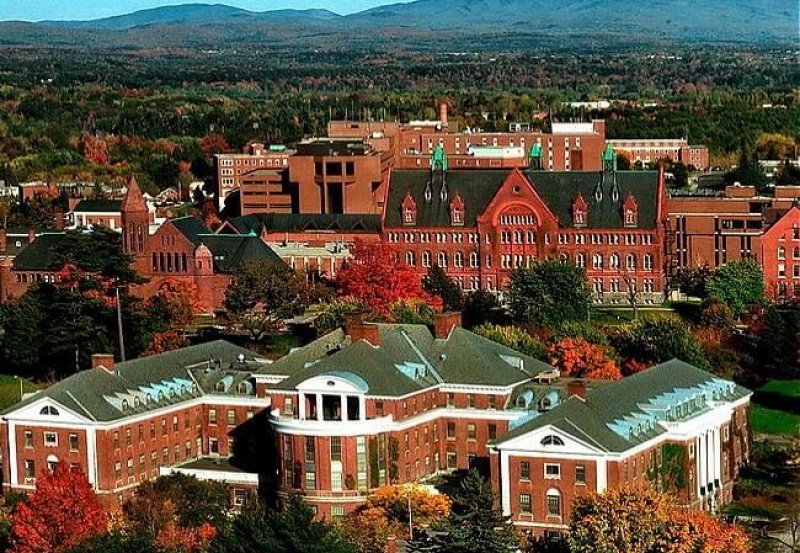University of Vermont Medical Center serves two million meals a year, and is a national leader in purchasing, preparing and serving healthful foods at hospitals. Of those two million meals, 85 percent are served to nonpatients, including employees and hospital visitors, said Diane Imrie, director of nutrition at the hospital.
Each year, UVM Medical Center develops a food plan that maps out the direction and priorities for food service at the medical center, Imrie said.
A few years ago, the hospital identified an interest in reducing the use of products that have genetically modified organisms in them, she said.
“We don’t believe that the safety of those products has been proven,” Imrie said.
The medical center developed two tactics in its effort to reduce its use of food with GMOs: Purchase more organic food, which by definition is GMO-free, and seek GMO-free products.
In 2014, the hospital increased its organic purchases by more than 50 percent, Imrie said. This was achieved in part by buying more organic milk, spinach and other greens.
For GMO-free products, the hospital is trying to source soy milk and edamame, she said.
UVM Medical Center has plans to purchase canola oil and sunflower oil from Full Sun, a Middlebury-based company.
“That’s a big commitment for us,” she said. “We’re ready when they are.”
The GLP aggregated and excerpted this blog/article to reflect the diversity of news, opinion and analysis. Read full, original post: UVM Medical Center kitchen reducing GMOs































